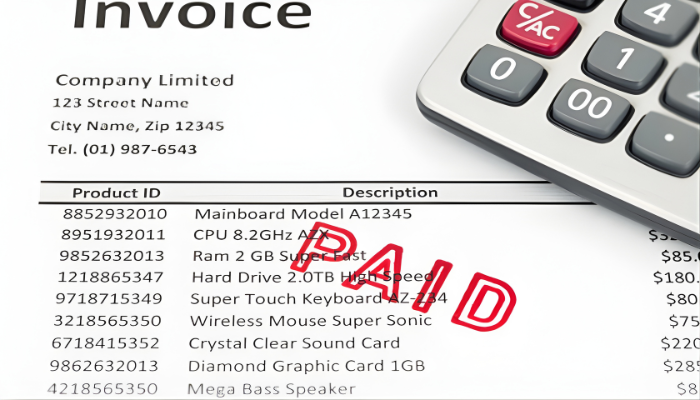
Smaller companies often worry about missing out on new business opportunities or even covering their operating costs due to tight budgets. If your enterprise works on longer customer payment terms and your current collection methods aren’t making the cut, you may benefit from accounts receivable financing. This flexible financing option can help you realize your business goals without worrying about delayed payments.
What Is Accounts Receivable Financing, Anyway?
Accounts receivable financing gives your company the flexibility you need by using your receivables in exchange for a cash advance from a lending institution. Companies receive this financing so they can obtain liquid assets without waiting the 30-60 days typical of delayed customer invoicing. You can expect to receive 80% to 100% of your receivables as an advance, depending on your financial institution’s policies.
Am I a Candidate for Accounts Receivable Funding?
Business owners love accounts receivable funding for its flexibility. Maybe you can’t get a line of credit through the bank because of your worthiness or just the nature of your industry. If traditional lending institutions don’t work with your business model, you may be a candidate for accounts receivable funding.
Before you dive headlong in the process, ask an important question: If you had an extra $300k in your corporate accounts right now, what would you do with it? If your answer is to purchase a timeshare, book a jet, and take off on a corporate retreat, you may not be cut out for accounts receivable financing. These funds are intended to help your business get back on track and thrive.
So, What Should I Do With My Advance?
Your funding advance can help you offset some operating costs, but it can also allow you to reach your full potential. Here are some of the possibilities:
- Take care of your payroll needs. You work hard to train and retain quality talent. Accounts receivable funding can provide you with peace of mind so you no longer have to worry about your cash flow. No longer do you have to arrange your day based on what the mail brings. Stop panicking about payroll, and know who is going to get paid and when.
- Pay your taxes. Corporate taxes are a source of stress for many business owners. You may worry about facing penalties if you can’t foot the bill on time. The IRS, as we all know, never forgives a debt. With accounts receivable funding, you can get the funds you need now to pay off your debts without facing late fees.
- Unlock new business opportunities. Some industries work on 30, 60, and even 120 day terms. When you’re faced with that kind of delayed turnaround, it can be hard to throw capital into a new business venture. With accounts receivable financing, you have the startup capital you need to take on new projects that provide a significant return on investment. Establishing a line of credit in this manner allows your small business to stay afloat and take on projects that it never could before.
- Extend your line of credit. Maybe you have an established line of credit with your bank, but it’s just not enough. Banks tend to operate quite rigidly, and smaller businesses in particular can have a hard time securing the funding needed to stay afloat. With accounts receivable funding, you can supplement or even replace the financing you receive from traditional financial institutions. With an extended credit line, your company is more likely to thrive.
- More working capital. Your business can’t function properly without liquid assets. Waiting around for your accounts receivable payments to come through can be a dangerous game when you have utilities to pay and loans piling up.
Accounts receivable financing gives you the liquidity you need to pay your rent, keep the lights on, and keep employees in your building. Best of all, you aren’t required to submit reams of documentation and financial records to secure financing. Your lending institution is most interested in your customers and clients’ credit worthiness.
For small or niche business, traditional lending options don’t always work out—which limits their potential. If this describes you, try accounts receivable financing, which offers your small business an opportunity to thrive and grow.

















